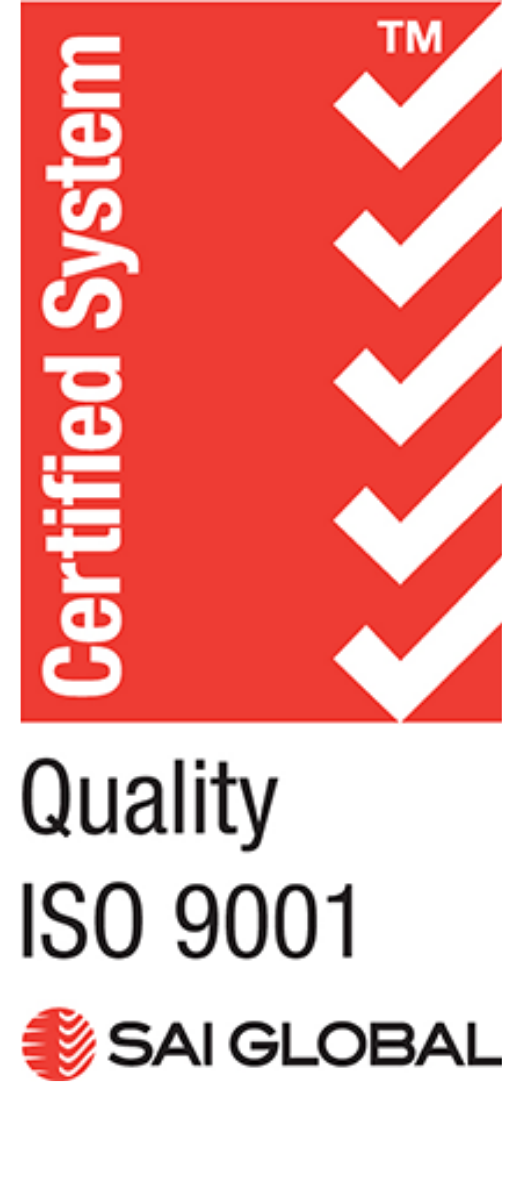How to Choose an Australian App Development Company?
When starting the app development journey, it can be difficult to know which app developers to engage. The industry is so complex that it can create a divide between agencies and customers. In many cases, customers don’t know what criteria to use when choosing an app development company - which can have serious repercussions down the track.
As an app development agency, we’ve made it our mission to educate and assist people new to the industry. That inspired us to create a framework designed to assist people with the questions they should be asking and answers they should be looking for when choosing an app development company.
We’ve split the framework up into the different areas that will inform your decision. This is intended to act as a guide. At the end of the day the factors that influence your decision the most will depend on your specific circumstances.
Category 1: Legal & Administration
Who owns the intellectual property?
You (recommended)
Ensure you have ownership of the intellectual property created by the development agency. This means you can license the software, move to a different development agency or, just make the changes you see fit. After all, you are paying for the application, why shouldn’t it be yours?
Them
This will prevent you from having the freedom to use your application the way you like. We would not recommend using an agency that does not assign the intellectual property for the application to you.
Are they onshore or offshore?
Onshore (recommended)
Even though COVID has taught us that working remotely can work, in our opinion it is still preferable to work with an onshore team. Having collaborative sessions, convenient time zones and similar communication styles all impact the success of a software project.
While this may have short term benefits when it comes to cost, it may have long term implications. Communication barriers, time zone differences and poor project management can lead to an application looking very different to what you envisaged.
Category 2: Price
Do they provide a price upfront?
Yes
Agencies that give a price upfront are generally guilty of underquoting to win the work and either fall short of delivering or going over that initial budget.
No (recommended)
It’s almost impossible to know how long a project will take without properly scoping it. A backlog, prototype and high degree of understanding are all needed to provide accurate price estimations. No up-front price is the first sign of transparency.
What is their estimations process?
Scientific and transparent (recommended)
While estimations can be notoriously tricky, it is important to understand why something takes as long as it does. Ask the development agency what factors they take into account when estimating and whether they’re happy to run you through their process. We ensure we capture risk and utilisation as part of a scientific estimations process.
Unknown or withheld
This is a bit of a red flag. If the development agency does not have a process for estimating or is deliberately withholding that process from you then ask yourself why? It’s very difficult to align on a price or timeframe without a shared understanding of the process behind it.
How do they account for scope creep?
System in place (recommended)
Scope creep is inevitable. Rather than turning a blind eye to it, the best app development agencies will have a system in place to ensure it is properly scoped, estimated, priced and prioritised before being built.
No system in place
Without a system in place a project is at serious risk of blowing out.
Category 3: Technology
Are they using the most modern technology?
Yes (recommended)
The most modern, popular and well supported technology stacks have the lowest risk of going end of life soon. Take a look at the yearly survey by Stack Overflow to gauge which technologies are popular amongst the development community.
No
There are some companies that specialise in older tech stacks. This might be because some of their clients or prospective clients have existing applications built on these stacks. While it may be an advantage for them, rarely is it an advantage for new projects.
Anything proprietary that would prevent you from moving companies?
Yes
If the relationship with the agency is damaged and you no longer trust their ability to deliver, it is important that nothing proprietary prevents you from moving. For example, a particular framework that they use that is not industry standard and cannot be changed using traditional development.
No (recommended)
You don’t want to feel trapped with one particular agency. Ensure nothing in the source code is proprietary or would prevent you from moving.
AI and Automation Integration
Do they use AI and automation tools?
Many modern app development agencies now integrate AI-driven tools for testing, code quality checks, and aspects of development. Ensure the agency leverages these tools to optimise the development process.
Category 4: Project Management
Do they have a risk management process?
Yes (recommended)
In app development there are a number of risks that threaten to derail a project. We’d recommend choosing a company that equips itself with strategies and tactics to mitigate those risks. WorkingMouse uses our Way of Working as a method of managing risks.
No
An agency that ignores risks and adopts a mindset that every project will run smoothly is setting those projects up to fail.
Compliance with Latest Regulations
Are they up-to-date with data privacy laws?
With regulations like GDPR, CCPA, and Australian Privacy Principles evolving, the agency must integrate the latest compliance requirements into their projects.
How do they unpack requirements?
Thoroughly (recommended)
How requirements are unpacked is critical to the end product. If there isn’t comprehensive documentation and a complete understanding between you and your development agency, there’s a huge risk that what was built is not what was expected.
Loosely
Failing to properly scope a project will lead to some serious pain points throughout development.
Do they do user research and testing?
Yes (recommended)
Your application will only benefit from end user feedback. It also shows that the agency is committed to building the best possible solution for your users.
No
Development without validation is a huge risk to your product market fit. It’s like taking a penalty shot blindfolded. Sure, it’s still possible to score but it’d be a lot easier without the blindfold.
Do they have references and case studies?
Yes (recommended)
It’s always better to hear it from someone that’s been in your position. Ask the agency whether they have past clients you can talk to about their experience building software.
No
It’s a bit of a red flag if an agency can’t give you any references or case studies to check out. Ideally, they will have a past client of a similar size or in a similar industry.
Other Points to Consider
Post-Development Support
Do they offer post-launch support and updates?
Post-development support is vital due to rapid technology changes and the need for frequent updates. Ensure the company provides ongoing maintenance.
User-Centric Design Practices
Are they focused on accessibility and inclusive design?
A reputable company should prioritise creating apps that are accessible to users with different abilities, in line with global and Australian standards.
Scalability and Cloud Integration
Do they develop with scalability in mind?
The best agencies design apps to easily scale with your growing user base, leveraging modern cloud services for performance, reliability, and cost efficiency.
Most importantly...
The foundation for every successful app development engagement is trust. Before making a decision, ask yourself whether you trust that the company you’ve chosen will deliver a valuable solution. We've seen on countless occasions decisions made entirely based on cost and it led to a poor experience needing either a rebuild or a significant expenditure just to get the project back on track.




.png)











